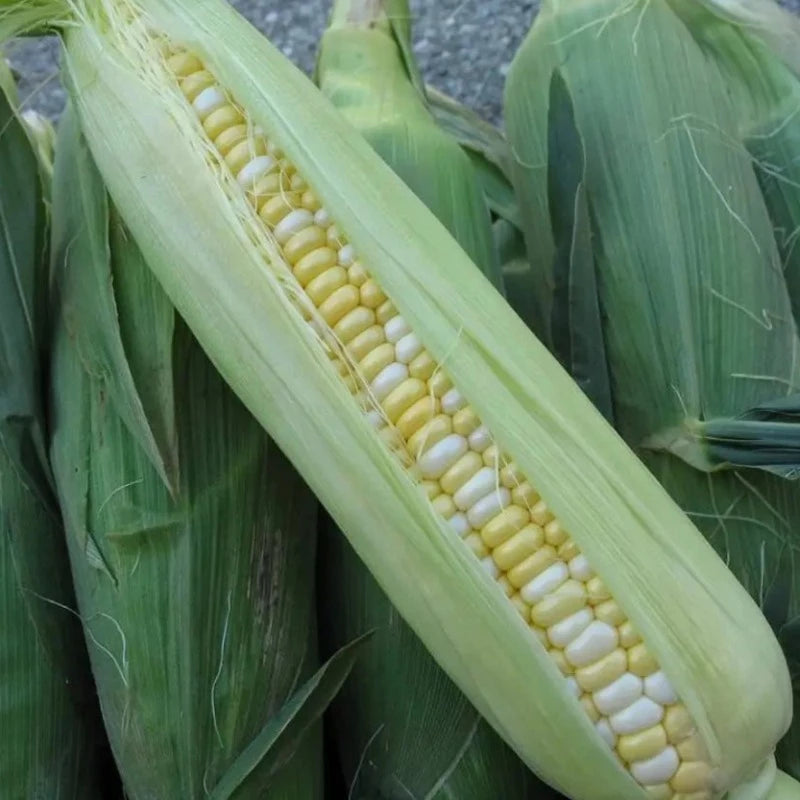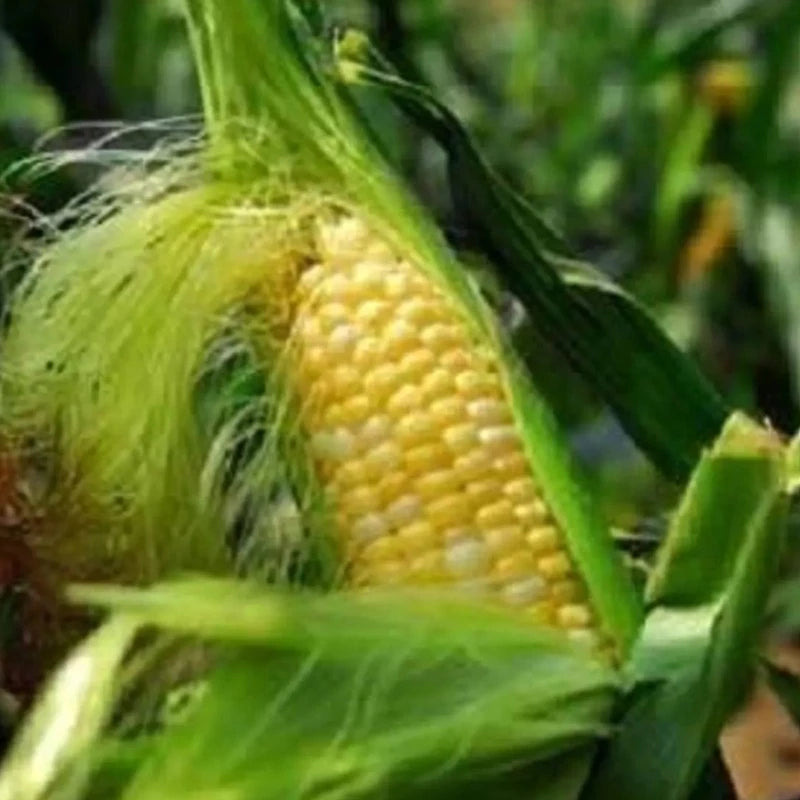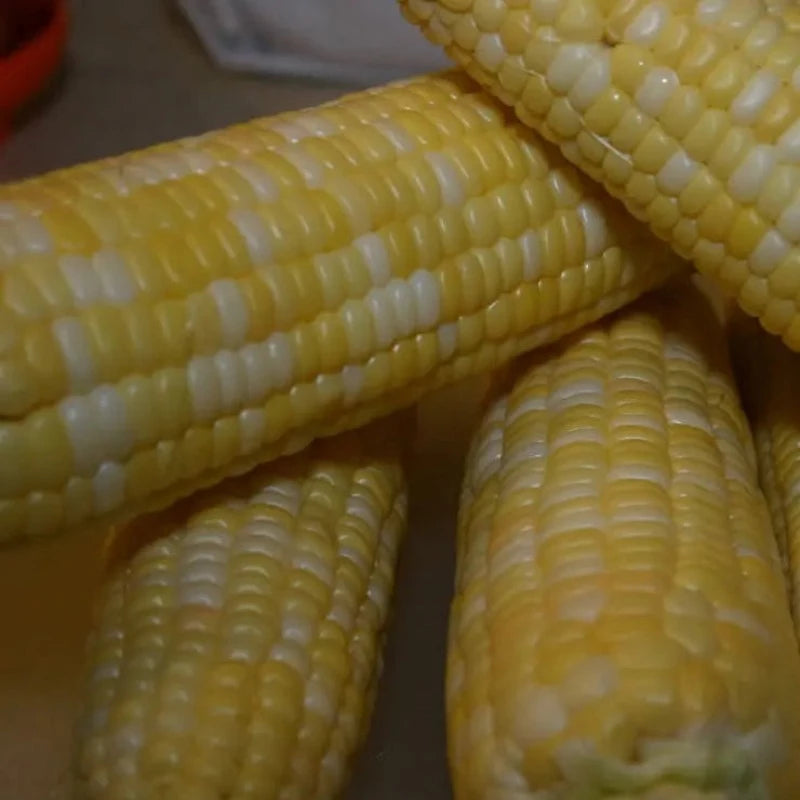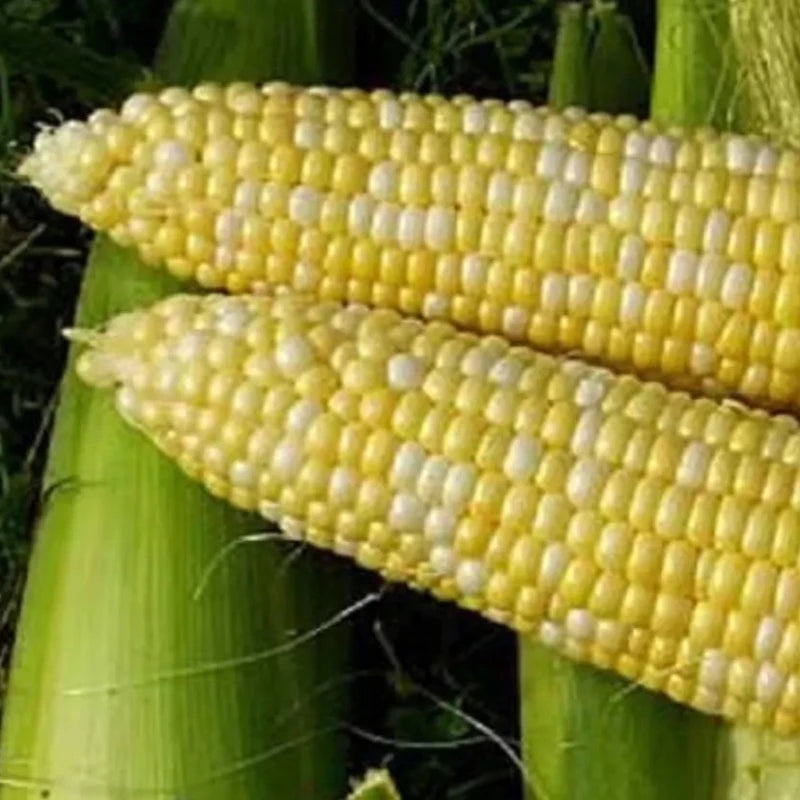- Historical context: Corn, also known as maize, is one of the oldest and most popular crops in the world. The 'Delectable' variety is a hybrid sweet corn that was developed for its superior taste and texture.
- Geographical origination: Corn originated in Mexico and Central America, but the 'Delectable' variety was likely developed in the United States.
- Relevant cultural significance: Corn has been a staple food in many cultures for thousands of years. The 'Delectable' variety, with its sweet flavor, has become a favorite in home gardens and commercial farms.
- Time period of discovery: While corn has been cultivated for over 7,000 years, the 'Delectable' variety is a relatively recent development, likely in the 20th century.
- Original habitat: Corn is native to the tropical regions of the Americas, but 'Delectable' corn has been bred to thrive in a variety of climates.
- Notable historical uses: Corn has been used for food, animal feed, and even fuel. The 'Delectable' variety is primarily used for fresh eating due to its sweet flavor.
- Ideal temperature range: Corn prefers warm weather and should be planted when soil temperatures reach 60°F (15°C).
- Soil type: Corn grows best in well-drained, fertile soil with a pH between 6.0 and 6.8.
- Sunlight requirements: Corn requires full sun, with at least 6 hours of direct sunlight each day.
- Watering needs: Corn needs regular watering, especially during dry spells. The soil should be kept moist but not waterlogged.
- Planting season: Corn should be planted in the spring, after the last frost.
- Germination time: Corn seeds typically germinate in 7 to 10 days.
- Growth cycle duration: The 'Delectable' variety matures in about 85 days.
- Common pests and diseases: Common pests include corn earworms, cutworms, and aphids. Diseases include corn smut and rust.
- Companion planting advice: Beans and squash are good companion plants for corn, as they can help deter pests and improve soil fertility.
- Common challenges and solutions: One common challenge is poor pollination, which can result in incomplete ears. This can be mitigated by planting corn in blocks rather than rows to ensure better pollination.
- Nutritional values: Corn is a good source of fiber, vitamins B and C, and minerals such as magnesium and potassium.
- Health benefits: Eating corn can aid digestion, boost immunity, and provide energy due to its carbohydrate content.
- Culinary uses: The 'Delectable' variety is excellent for eating fresh, grilling, or freezing for later use.
- Medicinal uses: While corn is not typically used medicinally, it does contribute to overall health due to its nutritional content.
- Other unique advantages: Growing 'Delectable' corn can be a rewarding experience due to its high yield and sweet flavor.










